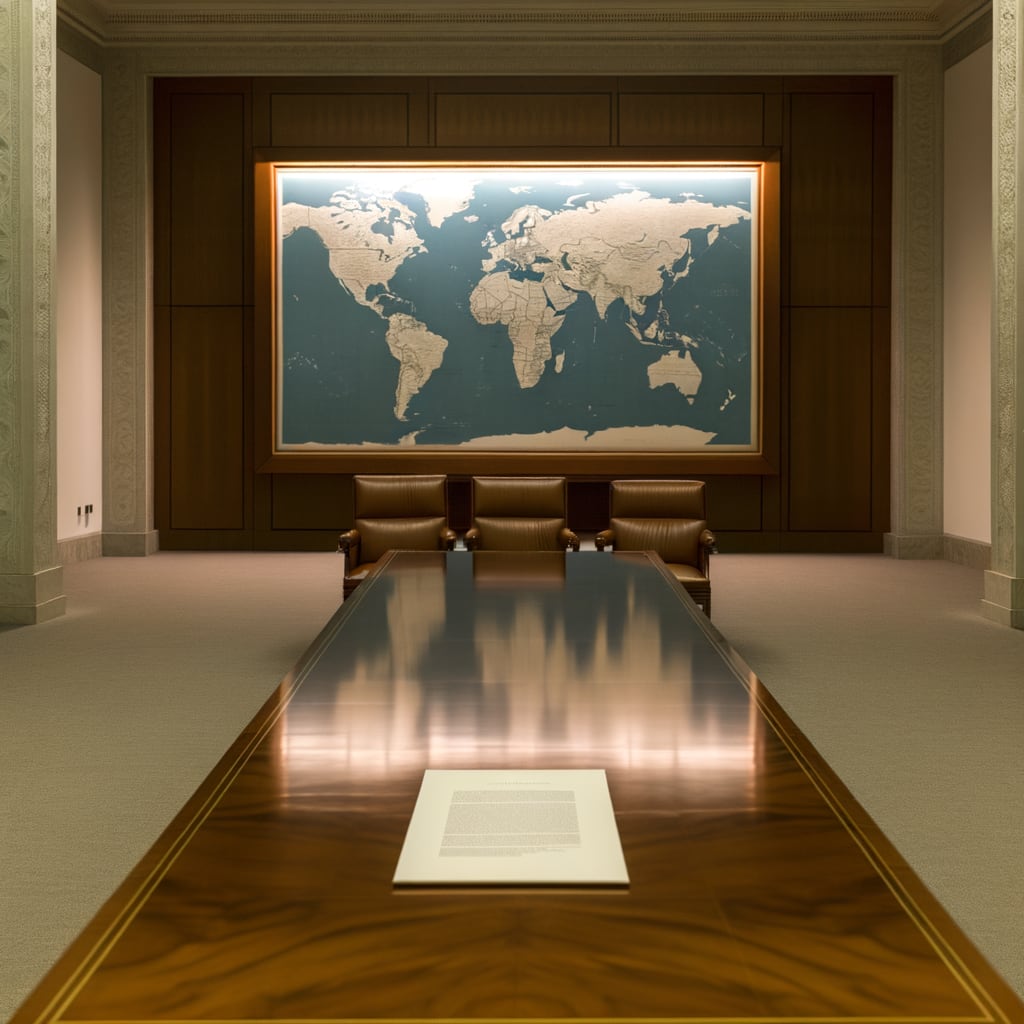Iran Announces End of Nuclear Deal Restrictions, Urges Corrections to UN Misinformation
Iran has announced that it is no longer bound by the restrictions of a decade-old nuclear deal, the Joint Comprehensive Plan of Action (JCPOA), following its expiry on October 18, 2025. The announcement came as Russia urged an end to the United Nations Security Council's review of Iran's nuclear program and Iran called for the UN to address misinformation related to the resolution's expiration.
Historical Background of the JCPOA
The JCPOA, a landmark agreement signed in Vienna in 2015 by Iran, China, Britain, France, Germany, Russia, and the United States, was designed to limit Iran's nuclear activities. In exchange for these restrictions, international sanctions against the Islamic republic were lifted. However, the pact had been in tatters after Washington's withdrawal, and now, with the expiration of the deal, Iran considers all restrictions lifted.
The Expiration of Resolution 2231
Following the expiry of Resolution 2231, Iran, Russia, and China jointly affirmed the termination of the resolution, according to a letter written to the UN Security Council. Iran's Deputy Foreign Minister, Araghchi, stated that the resolution definitively expired on October 18, 2025, in full conformity with its provisions.
Iran's Foreign Ministry has also called on UN Secretary-General António Guterres to act under Article 100 of the UN Charter to correct misinformation regarding the resolution's expiry and prevent further confusion in the legal and procedural processes related to the UN Security Council's functioning.
Nuclear Restrictions Lifted
With the expiry of the agreement, Iran now claims it is no longer bound by the 'restrictions' related to its nuclear program. However, it has reiterated its commitment to diplomacy. The JCPOA had imposed significant restrictions on Iran's nuclear program to prevent the development of nuclear weapons, in exchange for sanctions relief.
Implications and Reactions
While the termination of the JCPOA has raised concerns globally, Iran insists that any claim of reviving terminated anti-Iran resolutions is void. The country has also expressed its commitment to diplomacy, while asserting that it is no longer bound by the nuclear restrictions.
Simultaneously, Russia has voiced its support for an end to the UN Security Council's review of Iran's nuclear program. The country has advocated for the lifting of all restrictions in Resolution 2231, allowing the Council to finalize its review.
Conclusion
In conclusion, the decade-old nuclear deal with Iran has officially ended, lifting restrictions on Iran's nuclear program. However, Iran maintains its commitment to diplomacy and urges the UN to correct misinformation related to the termination of Resolution 2231. As the world grapples with this significant development, the future of Iran's nuclear program and its global implications remain to be seen.

